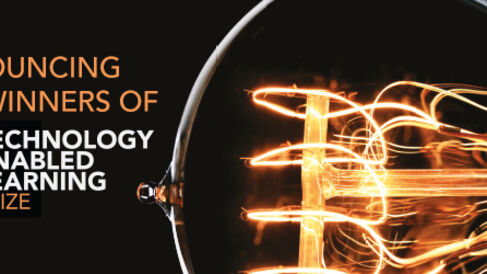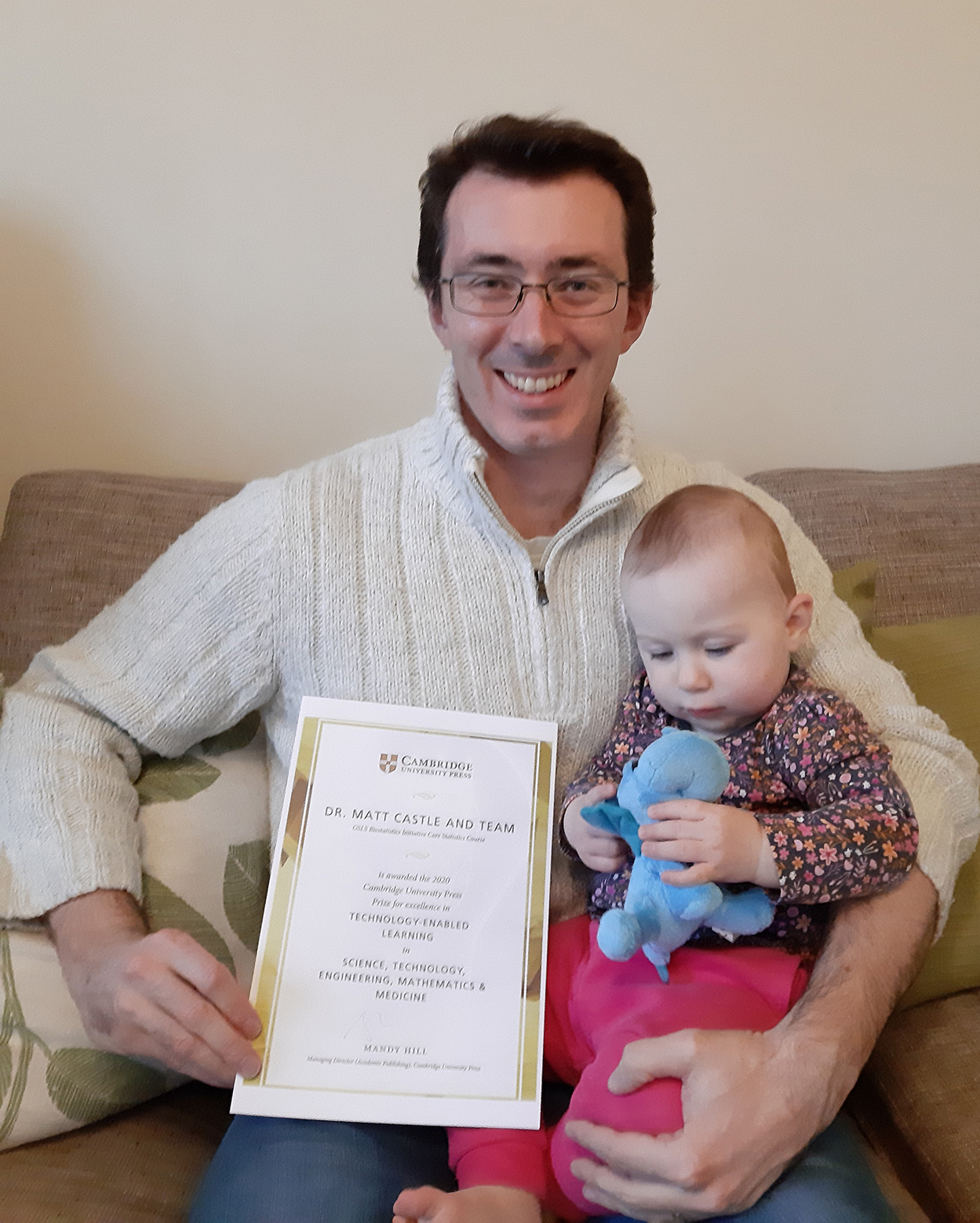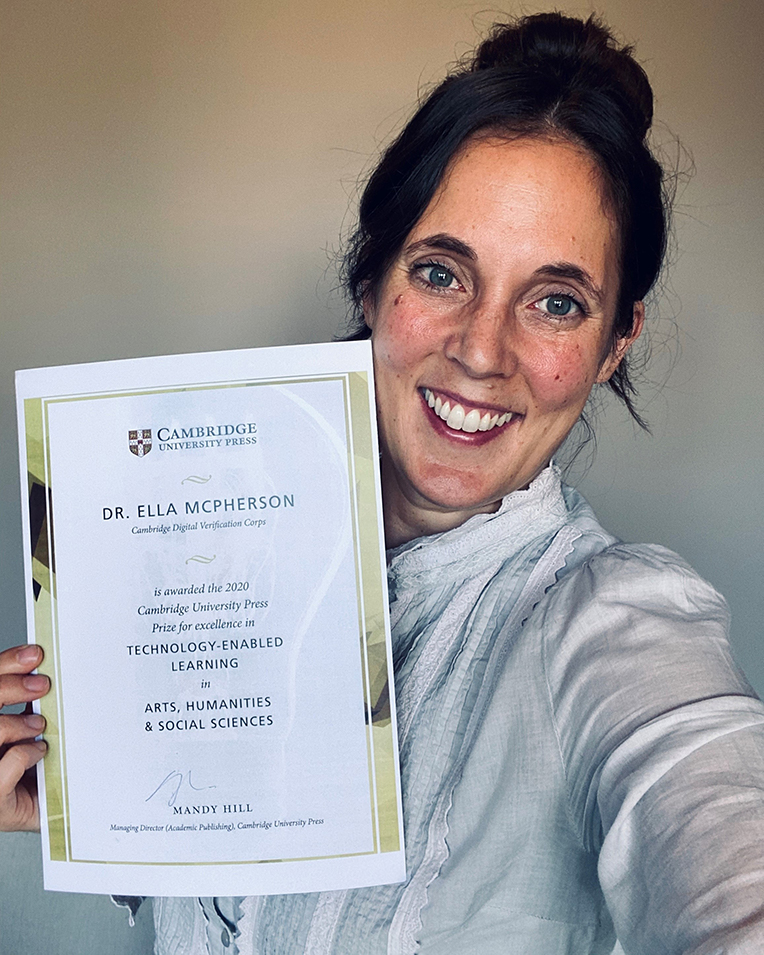TEL Prize 2020

This year's deadline was extended to allow late applications to be submitted by staff seeking to mitigate the impact of Covid-19 on residential teaching in the Easter Term through the use of technology-enabled learning.
This year's judging panel included representation from Cambridge University Press, the Cambridge Centre for Teaching & Learning, the Educational Quality & Policy Office, Cambridge University Libraries, University Information Services and the Academic Community.
Prize Winner (STEMM): Matt Castle
GSLS Biostatistics Initiative Core Statistics Course

The panel was greatly impressed by this innovative solution, which seeks to develop practical skills and learner autonomy through the use of integrated ICT tools (Moodle, Zoom and Slack). The purposeful use of these learning technologies, coupled with a flexible learning design enable the delivery of a learning experience which is equally valuable whether students are accessing the learning in person or remotely, synchronously or asynchronously - meaning that the course could be readily adapted to mitigate the impact of Covid-19 on communication and learner engagement. Furthermore, the course has had a significant impact, with feedback from learners being overwhelmingly positive. For these reasons, the panel selected the GSLS Biostatistics Initiative Core Statistics Course as this year's winner in the STEMM category.
Prize Winner (AHSS): Ella McPherson
Cambridge Digital Verification Corps

The Digital Verification Corp's learning-by-doing approach to developing students' awarenes of, and ability to use, a diverse range of technologies was highly praised by the panel. The programme offers students a rich learning experience, through which they are encouraged to work collaboratively to solve problems and to critically evaluate the utility and impact of the technologies at their disposal. In addition to the success of its learning design, the DVC delivers considerable real-world social impact. For these reasons, the panel has selected the Cambridge Digital Verification Corps as this year's winner in the AHSS category.
Highly commended: Alex Copley
CAmapP
In a very competitive STEMM category, Alex Copley's mobile app for technology-enabled field work was a close runner-up and judged by the panel to be worthy of a special commendation. The CAmapP app represents both technological and pedagogical innovation, giving students access to multiple datasets through a well-designed user interface. The affordances of the technology selected include the ability to synthesise multiple datasets tied to a single location, giving students a complex yet coherent understanding of a given location. Furthermore, the app has had broad impact and supports a range of learning outcomes by encouraging students to understand the spatial relationships between locations and data. Additionally, the app was developed at relatively low cost, thereby delivering excellent value for money.
